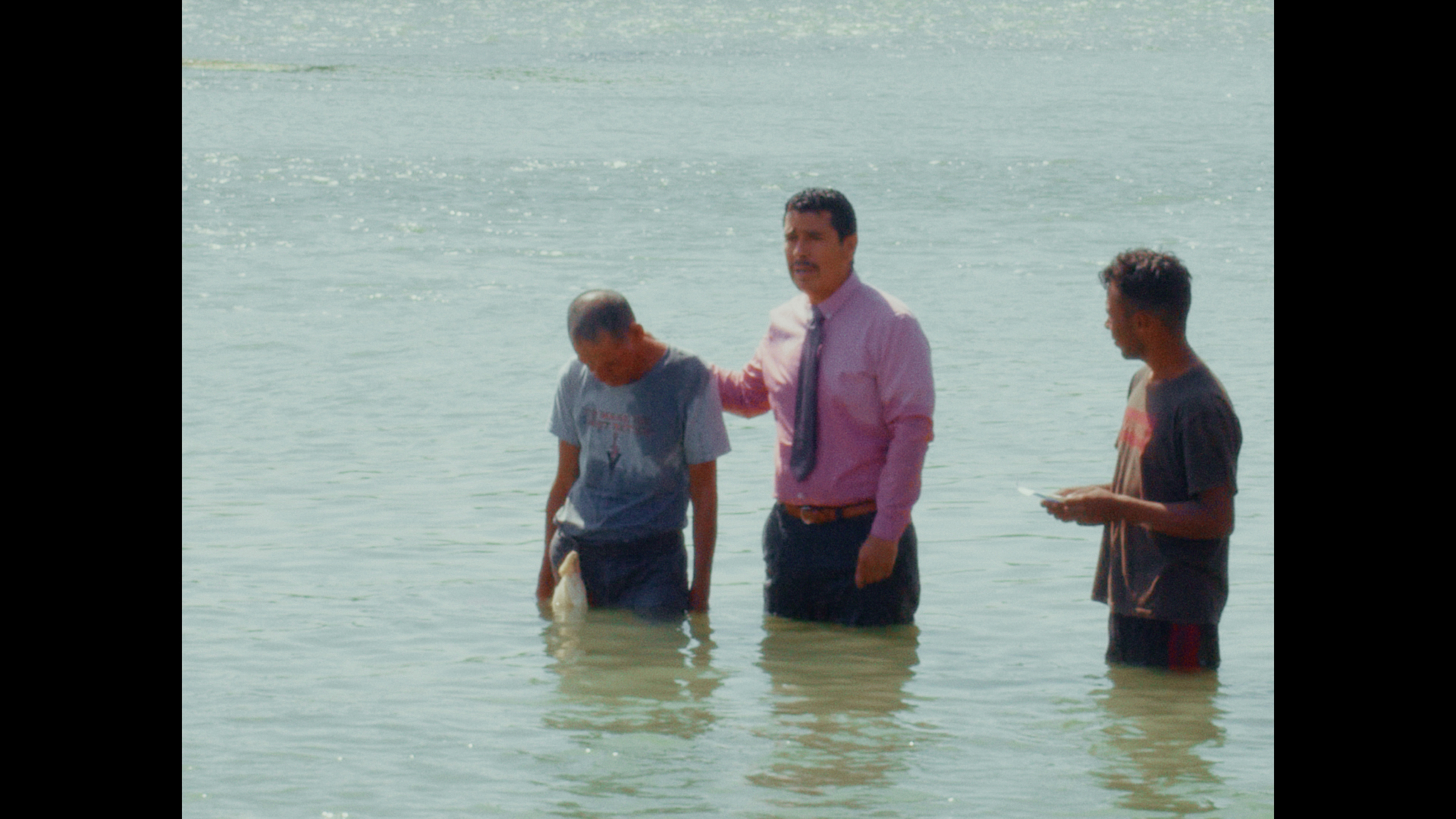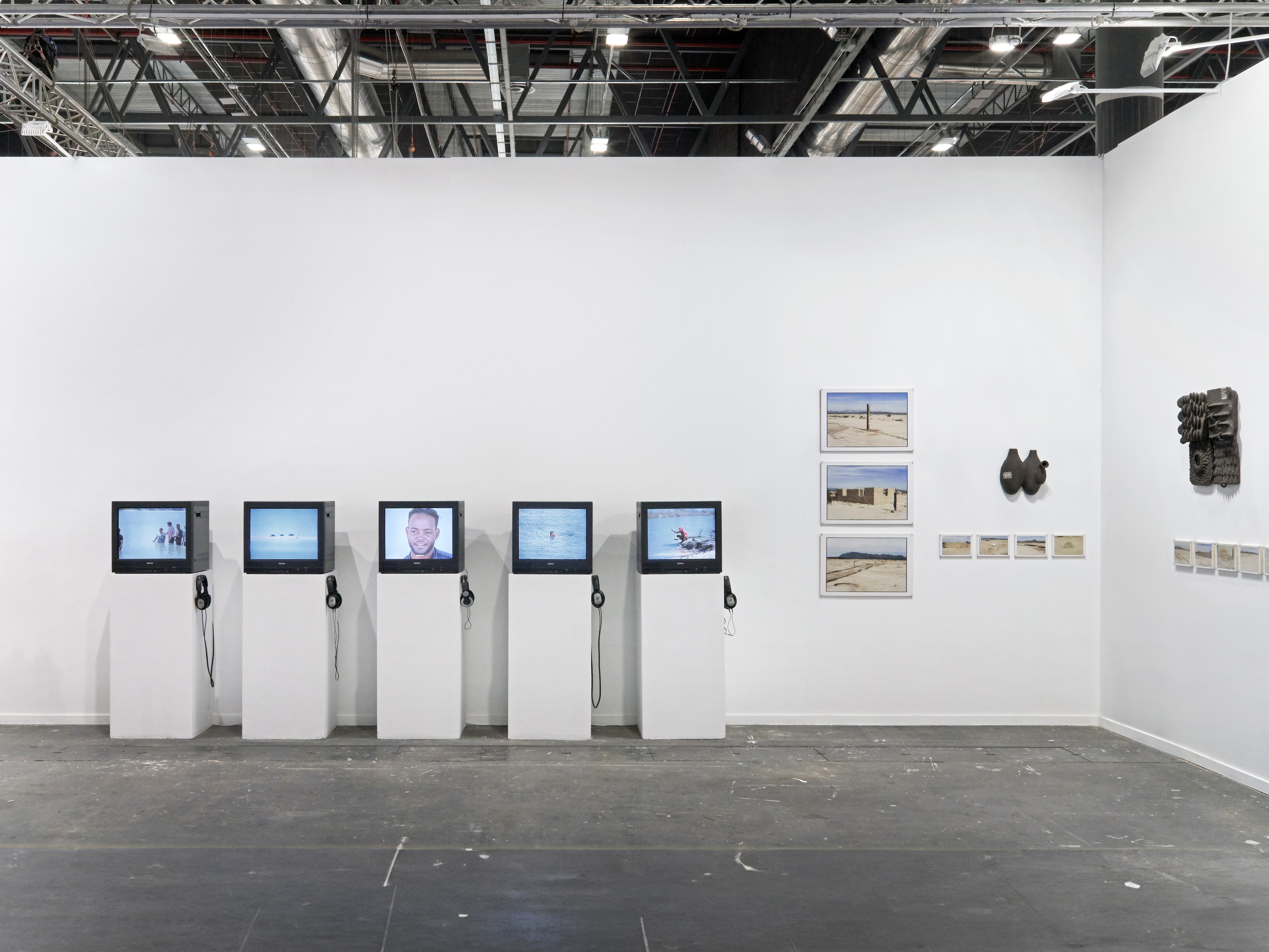
El cruce
On Felipe Romero Beltrán's project "El cruce".
Perhaps we can define the border in relation to its only purpose: to cross it. The border is a geography that resides in the realm of language; once it is transgressed, it vanishes. Or, to put it another way, once you reach the place that defines one side and the other, you realize that the border never existed. Perhaps this is why crossing the border is the least of the tasks, the least of the ways in which it appears, because the border is not only ambiguous, it takes different forms, it even takes the form of water.
The Rio Bravo is established as a border between Mexico and the United States, it rises or lowers the water level, before its dam was built, it was the divinity that gave it order: periods of flood, during the rains, and dry periods without rain. Now it is an emancipated border. It is itself a god. The water can disappear, at the moment the floodgates close, it can lose all its volume. When this happens, the border becomes another kind of edge, which is the place where there used to be a river. The desert emerges, showing the sandbanks and pebble tapestries, condemns the eye to see the remains of a feast that will not be cleaned up, the waste of a drunkenness that no one intends to remove. In the periods in which the border is filled with water, its deserted riverbed is covered and returns to what it was, as if nothing strange had happened. The water that covers the border ignores the swimmer who crosses it from one side to the other for fun, who lets himself be carried away by the stream, and who questions its political condition. The water that covers the border ignores those who enter up to the waist, to be baptized, and use the river to cleanse all sins. The water that covers the border ignores those who now cross it and see how the swimmer and the Baptists are left halfway across.
El cruce is a video project that explores the logics of the irregular crossing of migrants between Mexico and the United States through the Rio Bravo.
albert corbí, 2024
